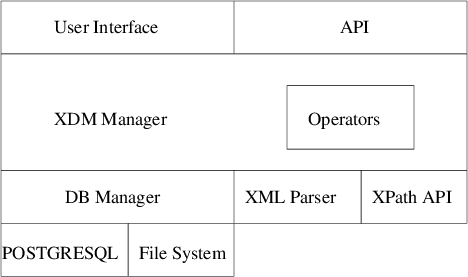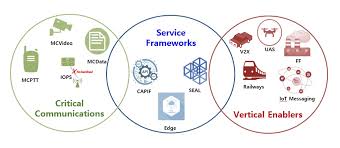The Role of 5G in Industrial Automation and Smart Manufacturing
telcomatraining.com – The integration of 5G technology is reshaping the landscape of industrial automation and smart manufacturing. As the world transitions into Industry 4.0, the demand for faster, more reliable, and low-latency communication is critical. 5G, the fifth generation of wireless technology, brings a host of transformative capabilities that make real-time data transmission, machine-to-machine communication, and remote operations not only possible but highly efficient.
What is 5G and Why Does It Matter in Manufacturing?
5G stands out from its predecessors primarily due to its high data speeds, ultra-low latency, and ability to connect a vast number of devices simultaneously. In the context of manufacturing, these features are game-changing. Traditional wired networks often fall short in dynamic factory environments. With 5G, manufacturers gain flexibility and scalability without compromising on performance.
Latency is one of the most crucial aspects. In industrial automation, even milliseconds matter. 5G reduces latency to as low as 1 millisecond, enabling near-instantaneous communication between devices, sensors, and control systems. This speed is essential for applications like robotic control, automated guided vehicles (AGVs), and real-time quality inspections.
Enhanced Connectivity for Smart Factories
Smart factories rely heavily on the Internet of Things (IoT), where machines, sensors, and systems are interconnected to collect and analyze data. 5G enables seamless connectivity among these IoT devices, supporting high-density device deployment without congestion.
For example, a production floor equipped with hundreds of sensors can transmit data simultaneously to a central control system, allowing operators to monitor conditions in real time. This connectivity boosts predictive maintenance efforts, minimizes downtime, and improves operational efficiency.
Real-Time Data and Predictive Analytics
The influx of real-time data made possible by 5G allows manufacturers to leverage advanced analytics and artificial intelligence (AI). With consistent data flow from machines and sensors, AI algorithms can identify anomalies, predict equipment failures, and optimize workflows.
For instance, a smart assembly line powered by 5G can detect defects immediately and make autonomous adjustments to improve quality. This level of responsiveness is crucial in maintaining high standards and reducing waste.
Remote Operations and Augmented Reality (AR)
Another key benefit of 5G in industrial automation is the support for remote monitoring and control. With 5G, engineers can manage equipment from afar, enabling faster troubleshooting and reduced need for physical presence. This is particularly beneficial in hazardous or hard-to-reach environments.
Moreover, 5G enhances the effectiveness of augmented reality (AR) and virtual reality (VR) applications on the shop floor. Technicians can use AR glasses to receive real-time data overlays or instructions while working on machinery, improving both safety and productivity.
Scalability and Flexibility
One of the main challenges in modern manufacturing is the need to adapt quickly to changing demands. 5G supports scalable infrastructure, allowing factories to integrate new machines, technologies, or production lines without major overhauls.
Additionally, the wireless nature of 5G eliminates the constraints of physical cables, making it easier to reconfigure factory layouts and implement mobile robots or automated systems. This flexibility is essential for just-in-time manufacturing and custom production strategies.
Conclusion
The role of 5G in industrial automation and smart manufacturing is both transformative and essential. Its ability to provide ultra-fast, reliable, and low-latency communication opens new possibilities for connected devices, real-time data analysis, and remote operations.
As industries continue to evolve toward smart manufacturing, 5G will serve as a foundational technology that drives innovation, efficiency, and competitiveness. Investing in 5G infrastructure is no longer optional but a strategic necessity for manufacturers aiming to lead in the era of Industry 4.0.







